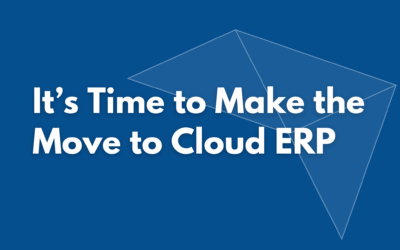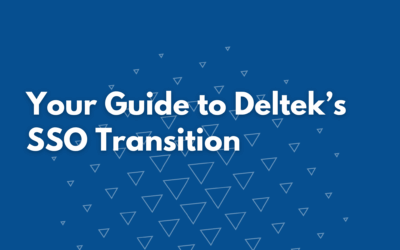Written By: Sandy Froonjian
At PCI, our API team occasionally encounters unique integration scenarios that fall outside our usual process. There are two main scenarios that can occur: 1. If the client’s third-part software lacks API capabilities; 2. If the client’s Costpoint (or primary ERP system) is locally hosted. Our team is experienced in dealing with both scenarios, so you can trust us to handle them efficiently.
If you’re having trouble integrating third-party software due to a lack of API capabilities or limited data transfer options, don’t lose hope! There’s another solution that can help you complete the integration successfully: utilizing an SFTP site.
SFTP stands for Secure File Transfer Protocol. A SFTP site is a secure, online folder where files can be uploaded and downloaded from. Instead of making GET request calls to the third-party software to grab data, a report of all the necessary data can be uploaded to the SFTP site, and the integration function can download it to get the data. Conversely, instead of making POST/PUT request calls to the third-party software to insert/update data, the integration function can upload a report of all the new data to the SFTP site. We can connect to any SFTP site the client would like us to, whether it is their own company’s SFTP site or their third-party software’s SFTP site. If neither of those are an option, we also have our own SFTP site here at PCI that clients are welcome to utilize.
In some cases, our clients may have their Deltek Costpoint or primary ERP system hosted locally instead of in the cloud. It’s important to note that our integrations do not necessarily require Costpoint, but this situation applies specifically to those that do. If your Costpoint is locally hosted and you want an integration created, the main issue is connecting to your system. In order to connect in these circumstances, we use VPN’s (Virtual Private Networks). The client sets up a VPN on their end and whitelists our IP address so that when we try to make API calls to their network, it will allow that communication through. All PCI has to do is turn on our virtual private connection. Once both pieces are in place, we can connect just as easily to your system as we can with a cloud-based system!
As you can see, just because we sometimes work with clients whose situations do not fit the typical integration protocol, we are still determined to make integrations work for them. As always, if you are ever unsure of what option is best for your company’s situation, reach out to PCI’s sales team, and they will be happy to assist you!
Contact a PCI sales representative today to schedule time to discuss your next API integration here.
You Might Also Like:
[Blog] Is an API Right for You?
[On Demand Webinar] API Integrations 101
[Webpage] See what API capabilities PCI has to offer here.






